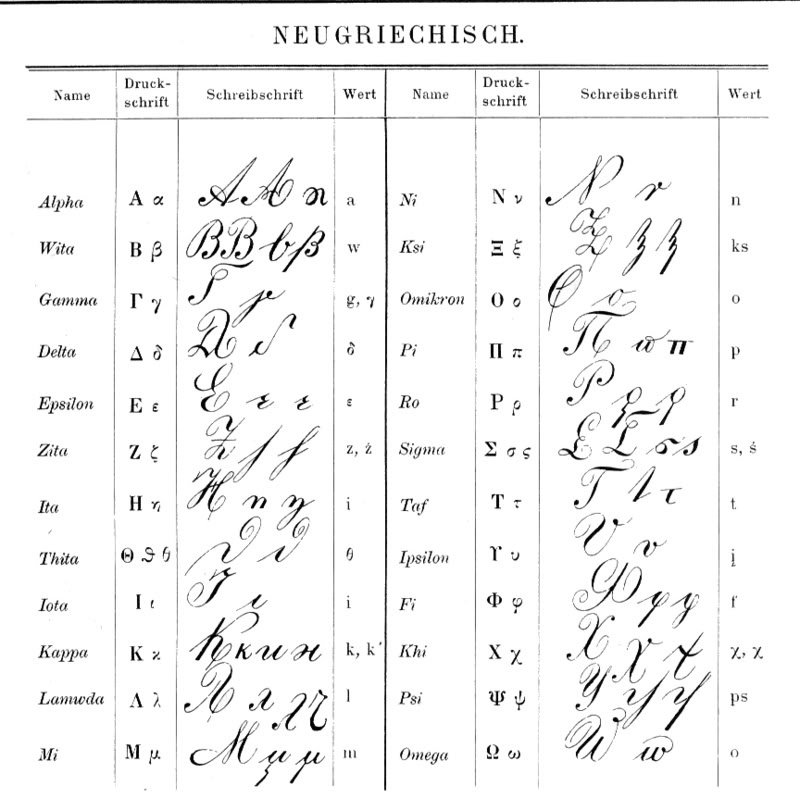Sorry to do this, folks, but:
Hear, hear (Wikipedia):
Hear, hear is an expression used as a short, repeated form of hear him. It represents a listener’s agreement with the point being made by a speaker.
It was originally an imperative for directing attention to speakers, and has since been used, according to the Oxford English Dictionary, as “the regular form of cheering in the House of Commons“, with many purposes, depending on the intonation of its user.
Its use in Parliament is linked to the fact that applause is normally (though not always) forbidden in the chambers of the House of Commons andHouse of Lords.
The phrase hear him, hear him! was used in Parliament from late in the 17th century, and was reduced to hear! or hear, hear! by the late 18th century. The verb hear had earlier been used in the King James Bible as a command for others to listen.
Which means Aziz Dida is right.


